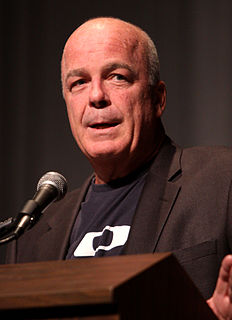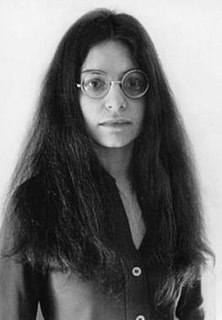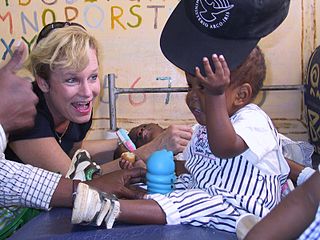A Quote by Brian Aldiss
Related Quotes
the myth of childhood happiness flourishes so wildly not because it satisfies the needs of children but because it satisfies the needs of adults. In a culture of alienated people, the belief that everyone has at least one good period in life free of care and drudgery dies hard. And obviously you can't expect it in your old age. So it must be you've already had it.
The StarTalks - while kids can watch them, they're actually targeted at adults. Because adults outnumber kids five to one, and adults vote, and adults wield resources, and adults are heads of agencies. So if we're going to affect policy, or affect attitudes, for me, the adults have always been the target population.





































